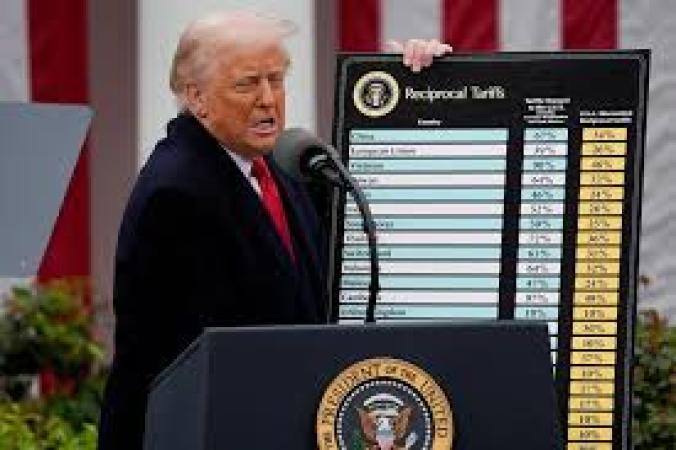A U.S. federal trade court has stopped former President Donald Trump’s broad reciprocal tariffs on global imports. The decision, made by a three-judge panel from the Court of International Trade, says Trump went beyond his legal powers under the International Emergency Economic Powers Act (IEEPA).
The tariffs targeted countries including Canada, Mexico, and China. Trump claimed they were needed to stop drug trafficking. But the judges said the tariffs didn’t actually address the drug threats mentioned in his orders. They ruled that such tariffs are not allowed under IEEPA, which is meant for true emergencies and not for imposing worldwide duties without Congress's approval.
Trump had bypassed Congress by declaring a national economic emergency and then used that as a reason to act on his own. The court said not only must these tariffs stop immediately, but they also cannot be changed or restarted.
Although the administration quickly appealed the decision, it might go all the way to the Supreme Court. Some tariffs — like those on steel and aluminum — are unaffected, as they were not tied to the IEEPA.
After the court's decision, Dow futures rose by 500 points. A White House spokesperson said the court ignored the damage caused by long-standing trade deficits and claimed it’s not the court’s job to decide national emergencies. However, Oregon Attorney General Dan Rayfield, one of the plaintiffs, praised the ruling, calling it a win for working people and small businesses.
Trade expert Jack Slagle said this was a big setback for the administration’s tariff strategy, but noted the trade conflict is not over and more actions might follow.
Two lawsuits led to this ruling: one from state attorneys general and another from five U.S. companies that depend on imports. The court ruled Trump's tariffs were illegal in all cases, not just for those who filed the lawsuits.
Trump introduced the tariffs in April, with rates from 11% to 84%, later lowering them to a 10% base rate while suspending others. He said they were needed because countries weren’t stopping drug traffickers. But the court said there was no clear connection between tariffs on legal goods and stopping illegal drug activity.

